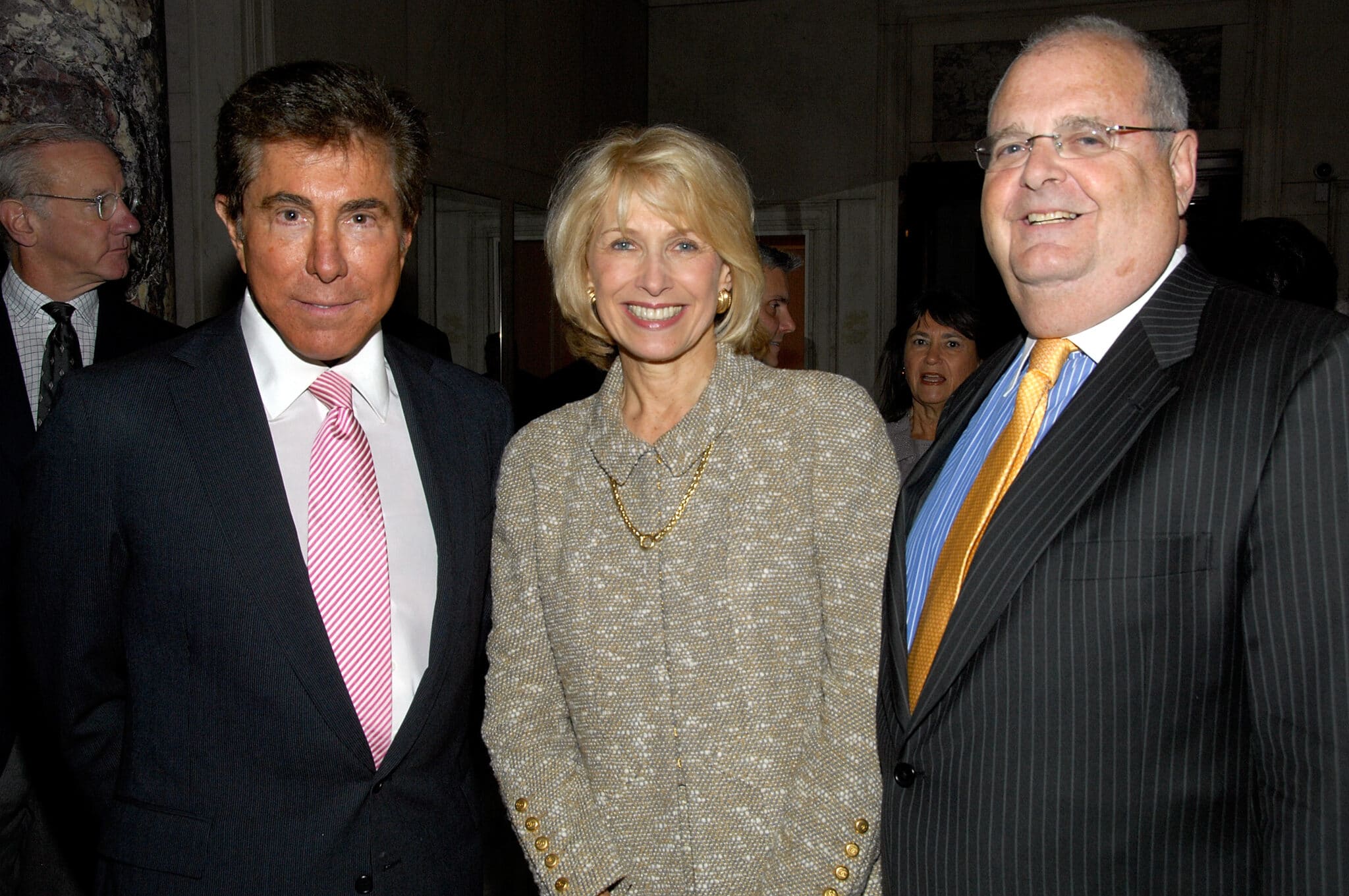On May 18th, 2022 the Justice Department filed a complaint accusing Stephen Wynn, a Las Vegas gambling mogul, of lobbying on behalf of the People’s Republic of China as an unregistered foreign agent.
The DOJ chose to not charge Wynn with a crime, but instead is bringing civil action in order to compel him to register with FARA retroactively.
What exactly was Wynn doing, and why is the DOJ opting for civil, rather than criminal action?
In June 2017, Elliot Broidy, the former finance chair of the Republican National Committee, reached out to Wynn asking for his help. Broidy had just been tasked by Sun Lijun, China’s former Vice Minister of Public Security, to convince the Trump Administration to either extradite or cancel a visa for a Chinese national (hereafter the National) living in exile in the United States since 2014 (p.4-5). Broidy also reached out to Wynn’s wife via text messages to convey China’s wish that the National be placed on a no-fly list (p.5).
Wynn was a major Republican donor and, at the time of this incident, serving as the finance chair of the RNC. According to the Complaint, Broidy felt that Wynn’s “RNC experience, combined with [Wynn’s] business dealings in the PRC and friendship with then-President Trump” made him an ideal contact for the job (p.5).
Broidy provided Wynn with a collection of information on the National for use in his influencing efforts. After a dinner with President Trump and other key officials, Wynn passed on those materials to the President’s secretary (p.5-6).
Over the course of the summer of 2017, Wynn held steady communications with Broidy and Sun about the matter (and Broidy maintained textual relations with Wynn’s wife on the same, usually relaying President Xi Jinping’s approval with the process). Wynn also directly asked the President about the status of the National on a phone call while he was vacationing in Italy with Broidy on his yacht (p.6-8).
Efforts to remove the National back to China proved unsuccessful and Wynn eventually tried to cut off contact with Sun in a friendly manner to preserve his business ties in the region (p.8).
Wynn’s financial interests in China stem, at least in part, due to his casino businesses in the city of Macau, a small but prosperous city for the rich that made its name during the 20th century as a Portuguese colonial territory that welcomed gamblers. Macau is just across the bay from Hong Kong, another former European colony, and was returned to China from Portugal in 1999.
But, wait a minute. Why wasn’t Wynn charged with a criminal violation of the FARA statute? There has been a notable uptick in FARA prosecutions since 2015, including one involving the supporting character in this story, Elliot Broidy.
Frankly, part of the answer is that the government is not approaching FARA with a cohesive strategy. A report from the DOJ’s Office of the Investigator General in 2016 revealed that “the FARA Registration Unit’s enforcement efforts is encouraging voluntary compliance, rather than pursuing criminal or civil charges. Conversely, we found that FBI and USAO staff members with whom we spoke are actively pursuing FARA criminal charges” (p.14).
As to why the FARA Unit at the National Security Division (NSD) and the FBI are pursuing these differently, one has to look at the statutory language they are using to justify their respective approaches. That same OIG report found that the FBI “considered a ‘FARA case’ to be a case investigated pursuant to either the FARA, 22 U.S.C. § 611, et seq., or [emphasis theirs] 18 U.S.C. § 951 (Section 951)” whereas the NSD “only 22 U.S.C. 611 et seq. constitutes a FARA case” (p.14-15).
The distinction between these two statutes warrants a piece all its own, not least because of the confusion they invite, but suffice it to say that Section 951 was written specifically to deal with what the NSD calls “espionage lite” (p.14).
Another part of the answer may be that there just isn’t enough folks working in the FARA Unit at the DOJ. At the time of the OIG report’s release, only eight individuals comprised the entire unit (p.8).
Cases such as the one involving Mr. Wynn highlight the growing need for reform in this arena. As China’s influence in global affairs is becoming increasingly entrenched, foreign agent and spying operations will only increase. Indeed, the day after the complaint against Wynn was filed, a ring of Chinese spies, and a U.S. citizen, were charged by the DOJ for targeting Chinese dissidents and pro-democracy advocates.
The growth of this behavior has also spawned other Western nations to consider FARA-like regulations, as we have discussed previously on the FARA Files.
The Biden Administration and Congress can make real strides to combating foreign influence, and help our allies to do the same, but only if they act.
Check back next week for another installment of the FARA Files.

